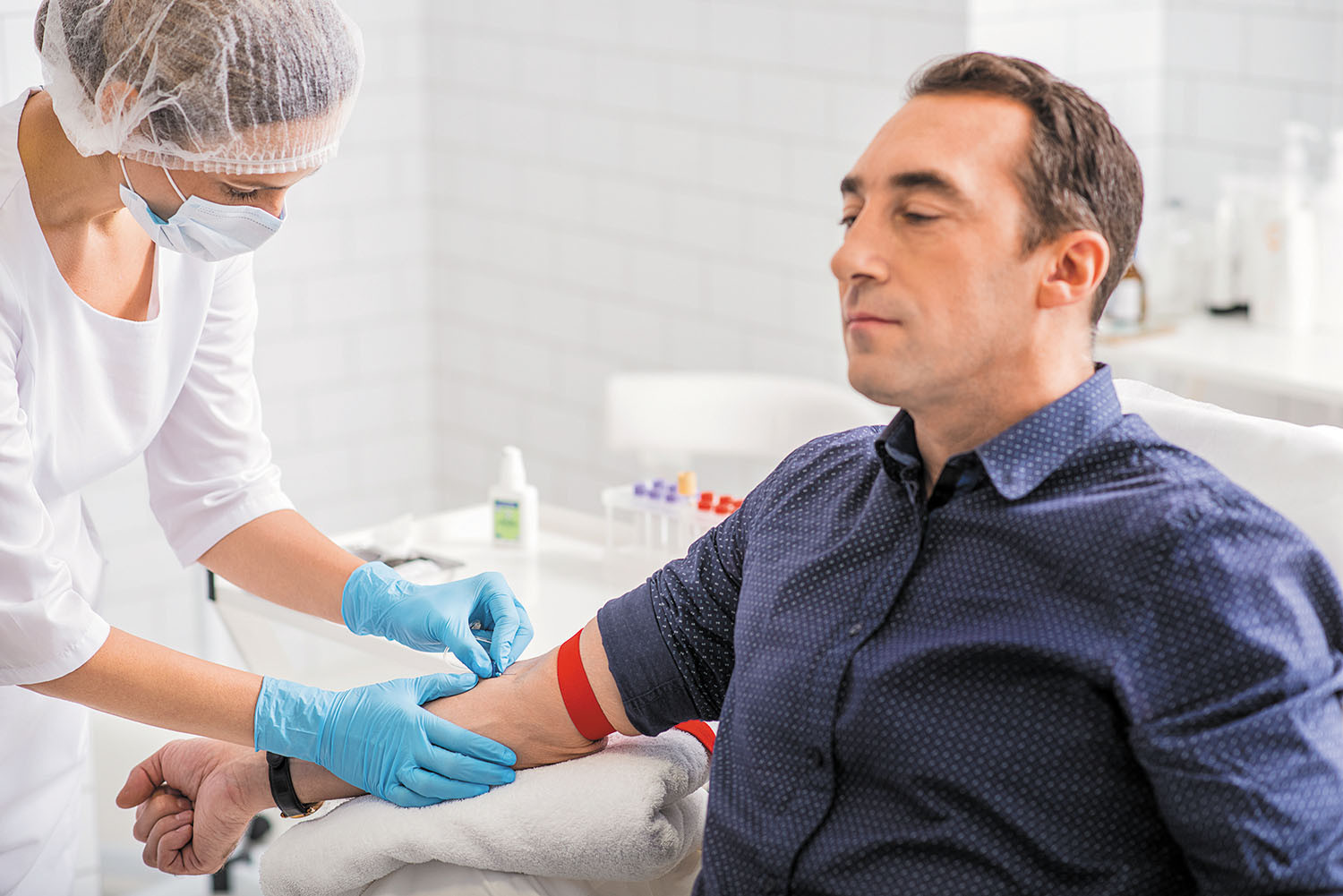
What are somatic workouts?

How to curb your stress eating

How to spot Parkinson’s disease symptoms

8 simple ways to reduce ultra-processed foods in your diet

Heart failure symptoms in women: How they’re different

GERD diet: Foods to avoid to reduce acid reflux

Strong is the new skinny

Everyday habits that sneakily weaken your bones

Don’t wait to get help for back pain

Correcting how you walk may ease osteoarthritis knee pain
Medical Tests & Procedures Archive
Articles
How to get rid of warts
Warts are an unsightly nuisance that can take a year or more to go away on their own. Several effective, noninvasive treatments are available.
Lead poisoning: What parents should know and do
Lead poisoning is a serious health risk for children. And yet, they may be exposed to lead in their daily lives. Learn the dangers of lead exposure and what you can do to keep your child safe.
Aortic valve replacement options
People younger than 65 with a bicuspid aortic valve who develop aortic stenosis may need open heart surgery to replace the valve. A less invasive procedure isn't possible for several reasons, including challenges related to the valve anatomy.
Should you be tested for sleep apnea?
Obstructive sleep apnea is a condition marked by brief pauses in breathing, often triggering loud snoring, grunts, gasps, and choking noises. Because sleep apnea can put stress on your heart and circulation, it's important to learn the signs and symptoms and get treatment.
Prediabetes: A window of opportunity
About 96 million Americans have prediabetes, defined by elevated blood sugar levels that are not high enough to qualify as diabetes. Risk factors include overweight or obesity, family history, and inactivity. People with prediabetes may have more infections and frequent urination or blurry vision after big meals. Lifestyle changes such as maintaining a healthy weight, exercising, eating healthy foods, drinking alcohol moderately, and not smoking may prevent prediabetes from progressing to diabetes.
Should I get a calcium score?
A coronary artery calcium scan (often called a calcium scan) uses a special type of CT scan to look for calcium deposits in the lining of the heart's arteries. The results can help people decide whether to start taking a statin.
Tips to cope with medical test anxiety
Some people have anxiety about getting medical tests such as blood work, CT scans, or MRIs. When debating whether to skip a medical test due to fear, a person should get as much information as possible about the test or ask for medication to reduce pain or anxiety associated with the test. During a medical test, it may help to do relaxation exercises or focus on something fun planned for later in the day.
The skinny on fatty liver
The body's second largest organ, the liver is responsible for more than 500 bodily functions. One of the liver's greatest threats is nonalcoholic fatty liver disease (NAFLD), an umbrella term that includes several forms of liver disease. Most people with NAFLD have a type known as simple fatty liver. However, up to 20% of people with NAFLD develop inflammation in the liver known as nonalcoholic steatohepatitis (NASH). Left unchecked, this more dangerous form can progress into fibrosis (scarring) and potentially cirrhosis (severe scarring and liver damage). Lifestyle changes, such as weight loss, increasing exercise, and adopting a plant-based diet are the best means to manage and prevent NAFLD.
At-home tests: Help or hindrance?
Many people have used at-home medical tests to detect COVID-19. Other home tests are available that can screen for, diagnose, and monitor dozens of health conditions, including pregnancy, infections, cholesterol and blood sugar levels, and colorectal cancer. The tests are accessible and convenient, and results may spur people to seek necessary treatment. But test results may be inaccurate or confusing, provoking unneeded or risky further testing or treatment. People should tell their doctors if they use at-home medical tests.

What are somatic workouts?

How to curb your stress eating

How to spot Parkinson’s disease symptoms

8 simple ways to reduce ultra-processed foods in your diet

Heart failure symptoms in women: How they’re different

GERD diet: Foods to avoid to reduce acid reflux

Strong is the new skinny

Everyday habits that sneakily weaken your bones

Don’t wait to get help for back pain

Correcting how you walk may ease osteoarthritis knee pain
Free Healthbeat Signup
Get the latest in health news delivered to your inbox!
Sign Up











